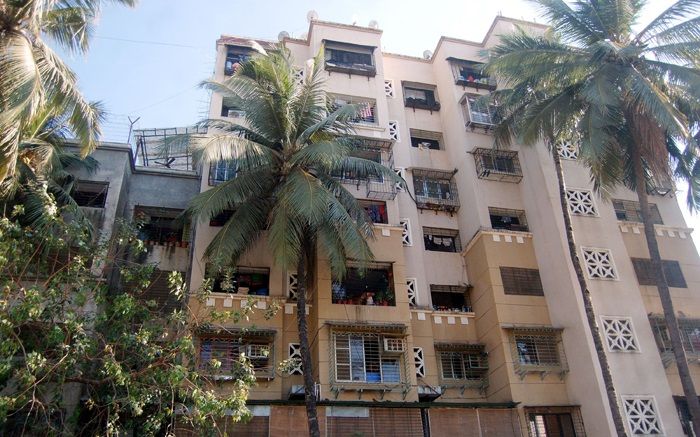Registration of over 150 co-operative housing societies from areas like Dadar, Sion cancelled


The registration of 159 co-operative housing societies was cancelled after they failed to submit the financial audit reports (Representational Image. Courtesy: Suresh G.)
The registration of over 150 co-operative housing societies from the city, primarily between Dadar and Sion, has been cancelled by authorities recently for failing to adhere to the requisite norms.
According to a Mumbai Mirror report, the district deputy registrar cancelled the registrations after the societies failed to either maintain or submit their financial records with the department even after several reminders.
In total, the registration of 159 such societies was cancelled. As a result, they will now have to stop using the word ‘society’ in their official documents or name boards. However, the implications of deregistration are not limited to just name changes.
Going forward, the managing committees of these societies will not be recognized by the registrar of co-operative residential societies and no order passed by their secretary or chairperson will have any legal standing.
Even residents will lose protection guaranteed to house owners under the Maharashtra Co-operative Societies Act, 1960. The process for resolving disputes, transferring property etc will also become more tedious.
Of the 159 colonies, a majority are reportedly located in and around Dadar, Sion and Matunga, while the remaining are from South Bombay. All the societies were supposed to submit their financial audits by October 30 last year, but failed to do so.
Apart from the societies whose registration was cancelled, an additional 190 co-operative housing societies are currently under the scanner and may lose their registration status if they fail to submit their audit reports by July 31.
The financial audit reports help the registrar keep a tab on their transactions and ensure the societies are operating in a fair and transparent manner.
In case of most societies, the office bearers are simply not aware of the regulatory requirements of submitting annual reports before August 30 each year, hiring independent auditors etc. Therefore, deregistration can be challenged before a joint registrar.













